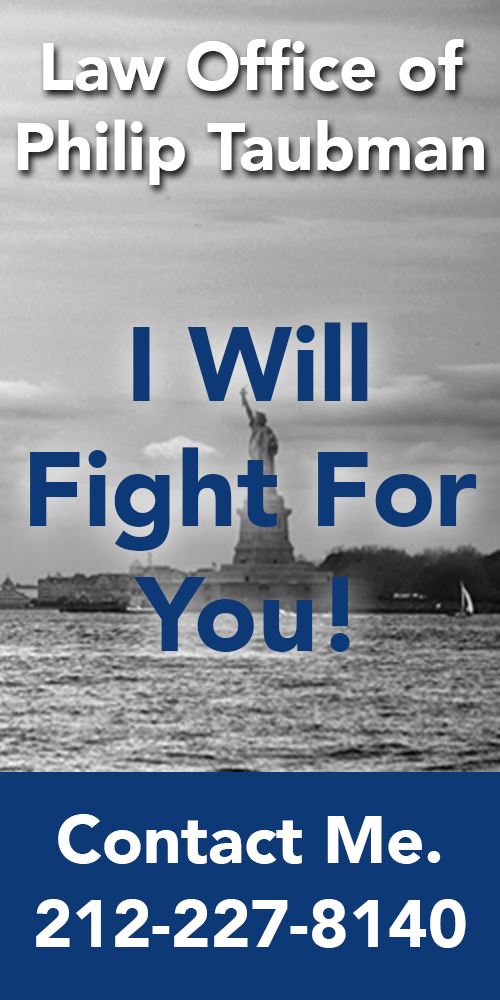Signs You Are Being Discriminated Against

What Signs May Suggest Workplace Discrimination?
Most workers of a protected class are well-tuned to recognize obvious acts of discrimination in the workplace. However, the signs of racial, religious and other unlawful forms of discrimination are not always overt. Subtle comments and actions that occur over time may show a pattern of conduct that is not easily detectable in a single incident. The lack of diversity in an organization, or in the more lucrative segments of a business, may be telltale signs that discriminatory practices are tolerated within a company.
At the law office of Taubman Kimelman & Soroka, LLP, our results-driven discrimination and harassment lawyers have more than 75 years of combined experience in detecting patterns of conduct that violate the rights of workers. We are committed to fighting to obtain the best possible results to compensate victims of workplace discrimination in New York City.
Five Signals that You May be Facing Employment Discrimination
No list could address every discriminatory act that violates the rights of New York workers. We have compiled the following short list to show a range of potential signs that you are being discriminated against. If you feel that you have not been given a fair opportunity to earn a living due to your race, religion, gender, or any other protected class, we invite you to call us at 212-227-8140 for a free case evaluation.
Suspicious questions in the interview process: The job interview process is difficult for any hopeful worker. Obscure questions are common. However, some questions in the process may provide clues that an employer is unwilling to hire a member of a protected class. Racial slurs or direct questions about age do not have to arise to implicate discriminatory intent.
Disparate treatment in employee discipline: Most businesses have a formal disciplinary policy that is intended to be applied consistently. However, disparate treatment between workers in the disciplinary process is often a signal of underlying discrimination.
Failure to accommodate religious beliefs: Businesses often impose dress and grooming codes on workers to protect their image. However, imposing a strict dress code may adversely affect the religious freedom of workers. Conflicts can arise between workers and employers related to religious dress and grooming beliefs. For instance, a Muslim may request a reasonable accommodation for a head scarf, an Orthodox Jewish worker may ask for an accommodation to wear a beard. The law continues to evolve in religious discrimination litigation.
The glass ceiling: Anti-discrimination protections apply at every stage of the employment relationship. However, when a member of a protected class is consistently denied promotions, despite good performance reviews, there may be evidence of discrimination. Moreover, when the management roles do not reflect the overall diversity of an organization and local population, discriminatory practices may be the real problem.
Variations in work assignments: Disparate treatment in work assignments can be a more subtle form of the glass ceiling. For instance, the opportunity for income between two sales territories for otherwise equally qualified sales representatives may create a disparate impact in income for members of a protected class. Similarly, doling out assignments with impossible to meet deadlines to one employee, when other workers receive reasonable assignments, can impair a singled-out worker’s ability to move up in an organization.
Learn More about Your Rights
To speak with an aggressive attorney who fights to maximize compensation for victims of harassment and discrimination in the workplace, send us an email.
